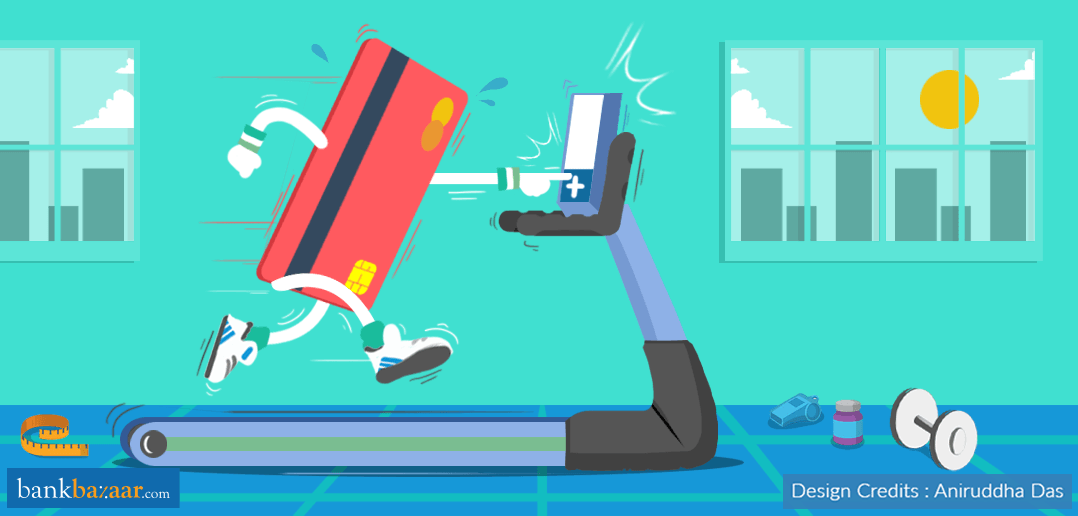While missing a Credit Card payment is not a good idea, it can happen to the best of us. When you can’t afford to pay your Credit Card bill in full, here’s what you should do.

One of the thumb rules of maintaining a good credit history is making your Credit Card payments on time and in full. However, with COVID-19 rendering many jobless and furloughed, many are finding themselves in a situation of immense financial difficulty to be able to fulfill their Credit Card repayments. While some may choose to pay off only the interest accrued, what can make things even worse is if you choose to leave the entire bill unpaid. Here’s why- the longer you leave your Credit Card dues unpaid, the more you accumulate in terms of late payment fees and interest. With Credit Card interest rates averaging around 25% per annum, your debt can soon snowball into becoming an unmanageable one.
Ideally Credit Cards should be used only as a mode of payment to cash in on rewards and cashback. Because of their high interest rates, it is not advisable to use them as long-term loans. If you’re in dire straits, it’s better to take out a Personal Loan with a low interest rate instead. Remember to pay off your monthly Credit Card bills on time so that there is no interest charged.
Here are some easy tips on how you can prevent more debt from accruing due to unpaid Credit Card bills:
Minimum Repayment
If you’re unable to pay your Credit Card dues in full, try to pay off at least the minimum repayment amount, if you can. This will ensure that your Credit Score doesn’t tank. A poor Credit Score will hinder your ability to be approved for loans in the future. Failure to make the minimum repayment results in additional late payment fees. If for some reason, you still cannot make the minimum repayment, speak to the bank to see if something can be worked out or if the due date can be deferred. If you’ve maintained a clean repayment record, banks are more than willing to help you with a temporary situation.
Additional Reading: 10 Feature-Loaded SBI Credit Cards For You
Balance Transfer
A high Credit Card outstanding may take you several months to fully pay off the debt. Instead of letting the Credit Card debt snowball to unmanageable levels, you could transfer your balance to a low-interest Personal Loan. While you will still owe what is the outstanding, you will get more time to pay off the loan and at a much lower interest.
Remember to refrain from using your Credit Card to make new purchases when you’re servicing your balance transfer. Focus on repaying your debts first before taking on more.
Additional Reading: How Credit Card Users Can Maintain A Healthy Credit Score
Avoid Using New Credit
The tips shared above are likely to work only if you stick to the plan of clearing your old debts first before taking on new ones. Paying off Credit Card debt requires financial discipline and the will to see through the plan. Tackling your high-interest debts will free up more funds for emergency use as well as planning for your future financial goals.
Getting a Credit Card during the lockdown is really easy. And do you know what’s even better? It’s completely contactless and safe! Click the link below to explore Credit Cards with instant approval and contactless KYC.
Hi,
I have SBI credit card past 3 months I couldn’t pay
Bill and minium due to my financial issues .
Bank charges very High fine n all ..
Can bank wave of the charges ..
Wat is the process.. pls suggest…
Thanks…
Hi Ashok,
Please check with your bank if they can offer you a moratorium on your loan. Many banks are offering this facility to their customers during this time.
Cheers,
Team BankBazaar